While many jobs don’t require a pre-employment medical, a position with State Rail definitely does, as do many other jobs, particularly in high-risk industries like mining and construction. In this blog, we explore what you can expect if you’ve been directed to attend a pre-employment medical.
Railway medicals
Railway medicals are used for anybody who’s going to work with State Rail, from train drivers through to people working on the tracks. However, not all jobs at State Rail require the same type of pre-employment medical—it really depends on the type of position for which you’ve applied.
Generally speaking, railway medicals fall within one of three levels. The level one medical is for drivers and people in the higher-risk categories, which require a doctor to conduct a full and thorough health assessment. Levels two and three are less intensive, and a nurse and doctors will perform these.
Not all medical practices offer pre-employment medicals for State Rail
While many medical practices offer pre-employment medicals, not all offer railway medicals. Our practice moved into this area because we work with employment agencies who supply staff to State Rail, which required that we have someone onsite who could conduct their specific pre-employment medicals.
Pre-employment medicals for other employers
Many different companies require that prospective employees undergo a pre-employment medical to ensure that they are able to perform the inherent requirements of the job. For instance, they are a common requirement for people working in anything from nursing homes through to waste management, as well as in the higher-risk industries listed above.
Often, the companies provide us with a checklist of what they want done. However, we also have a general checklist, which covers things like eyesight testing, blood pressure, pulse, weight, height, listening to heart and lungs, checking the stomach, and making sure that the candidate is able to move or lift as required.
Some companies will also request drug and alcohol testing (often in mining, for example). Others like us to undertake spirometry tests (which check how well your lungs are working), especially if workers are operating in dusty environments—employers will often want to ensure that prospective employees don’t have any conditions that might be exacerbated by their work.
What you can expect
All of the doctors at our practice can perform pre-employment medicals, with nurses who can also help with them, five days a week. Most commonly, it’s the prospective employer who arranges the medical.
Railway medicals can be done on Mondays, Tuesdays, and Thursdays.
You can expect that a medical will take around an hour, which includes half an hour with a nurse and about 15 to 20 minutes with the doctor to go through everything. Usually, people are seen by a nurse first to go through all of the basic things like blood pressure, pulse, height and weight. Then, patients will see the doctor to go through the balance of the check and fill in a full history form, which may include a discussion of previous injuries or conditions that might be exacerbated by the proposed working environments.
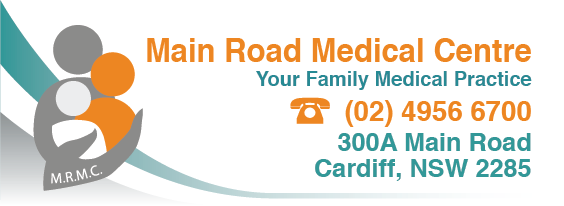


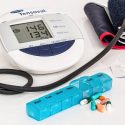

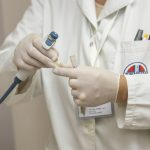

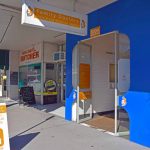



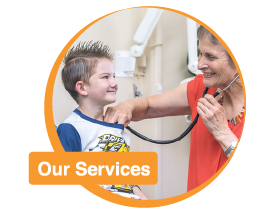


Sorry, comments are closed for this post.